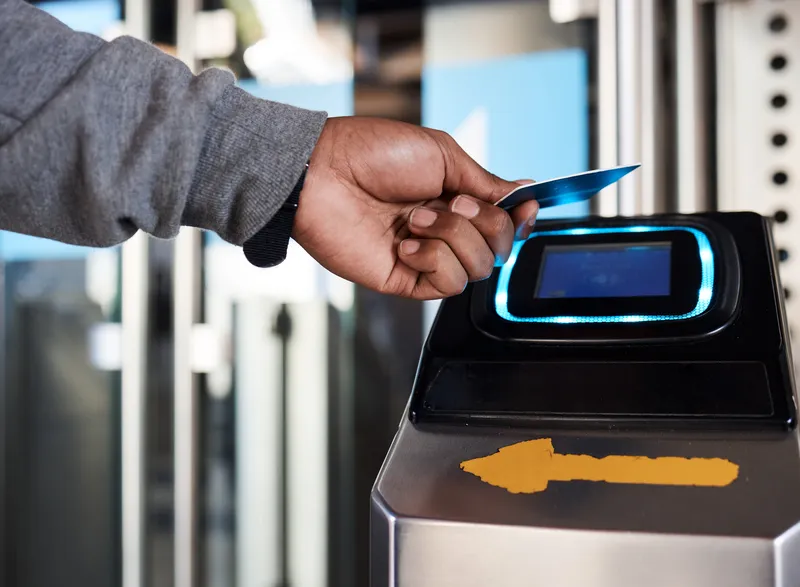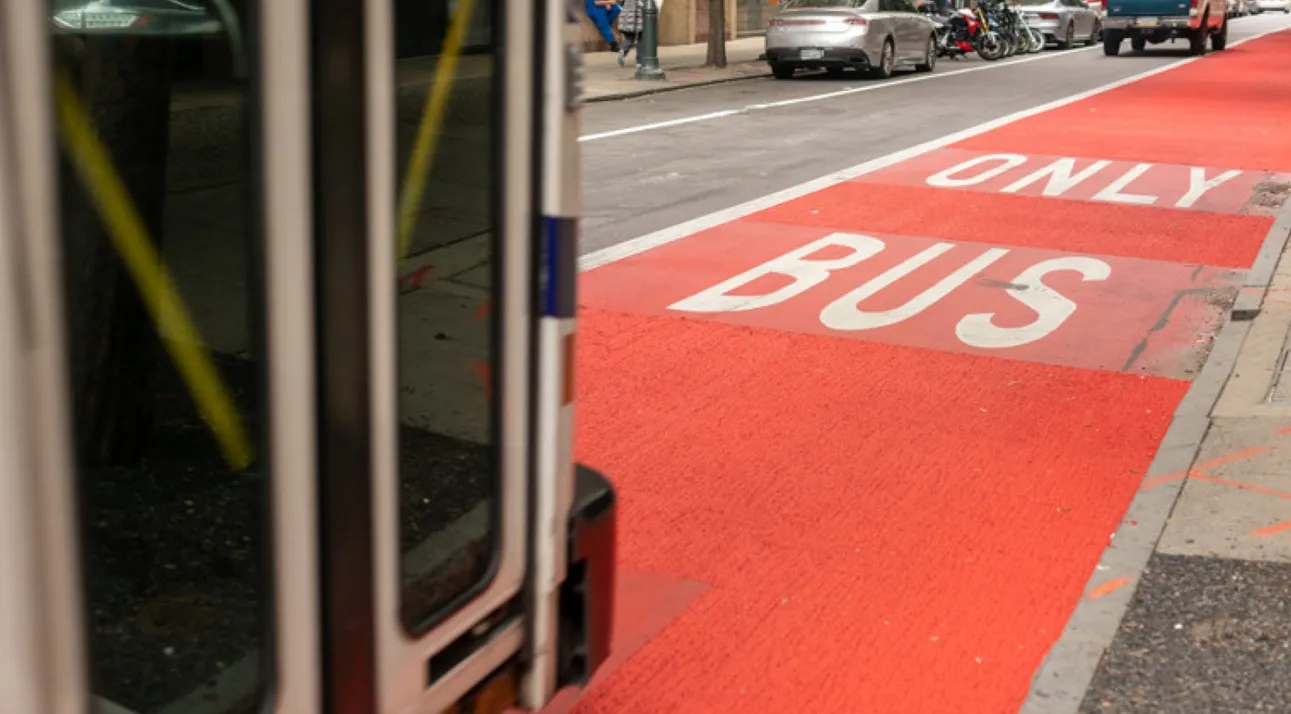
The Connecticut Department of Transportation (CTDoT) has launched a pilot programme which allows bus riders to make contactless payments for their fare.
Visa or Mastercard debit card, credit card, or mobile wallet can be used on readers on River Valley Transit and CTtransit Meriden Division buses.
No downloads or sign-ups are necessary for the Tap & Ride initiative, CTDoT says.
It is funded through a $2 million grant from the USDoT’s Strengthening Mobility and Revolutionising Transportation (Smart) programme, which was established by the Bipartisan Infrastructure Law.
“Contactless payments have become a part of everyday life," says CTDoT bureau chief of public transportation Benjamin Limmer.
"We want our transit customers to have a quick and convenient experience when it comes to paying fares, one that doesn’t require them to have exact change or even download a mobile app."
Connecticut will test the technology and develop a roadmap for large-scale implementation of contactless across the state's bus services.
On the first tap of the day, riders will be charged $1.75, and can then transfer and tap for free on any bus with the Tap & Ride contactless payment readers for the next two hours.
If you tap again after two hours, you will be charged another $1.75 - reaching the day cap of $3.50.
Riders can then transfer and tap for free for 24 hours from the first tap.
Within a 31-day period, if contactless fare payments add up to $52.50, riders will not be charged for any additional taps made until the end of that period - but customers must use the same payment method for every tap to receive the benefit of fare capping, CDoT warns.









